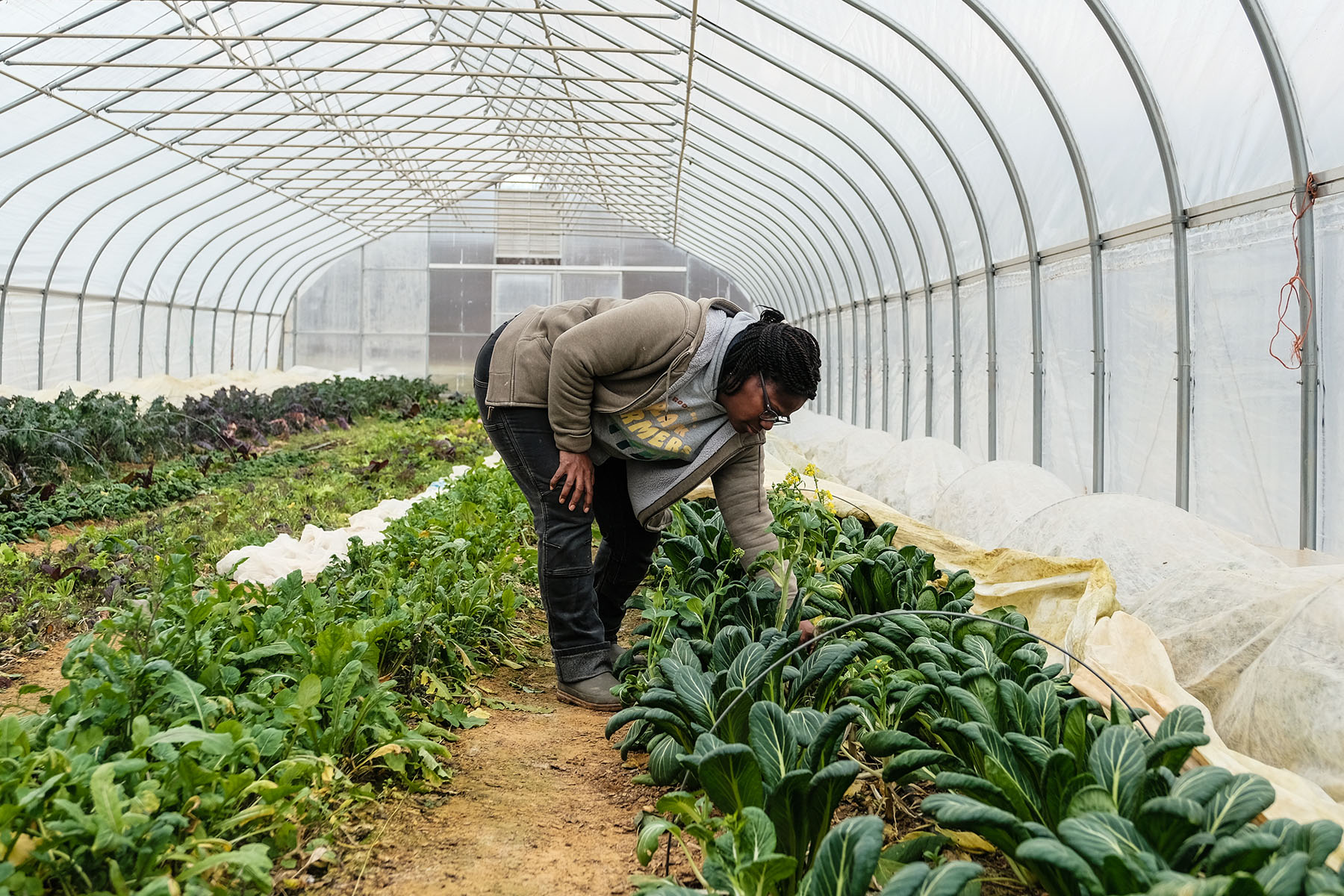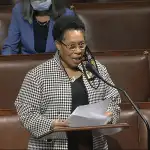Your trusted source for contextualizing the news. Sign up for our daily newsletter.
Democratic women lawmakers are pressing the U.S. Department of Agriculture (USDA) to make sure discrimination settlement funds reach women farmers before time runs out.
The Inflation Reduction Act (IRA), a Democratic economic and climate investment bill passed by Congress and signed into law by President Joe Biden in August 2022, included a $2.2 billion fund to compensate ranchers and farmers who had previously experienced discrimination in USDA lending programs. The deadline to apply for those settlement funds is October 31.
“As a longtime farmer myself, I know the additional challenges women face to get their job done; to then be denied from lending opportunities simply because of their sex or marital status is not just an added obstacle, but a direct assault on equality,” said Rep. Chellie Pingree of Maine, an organic farmer of more than 50 years who also serves on the House Agriculture Committee.
In a letter sent to Agriculture Secretary Tom Vilsack and first shared with The 19th, Pingree, along with Reps. Lois Frankel of Florida and Jahana Hayes of Connecticut, said women farmers have faced systemic barriers to accessing both land and credit.
They’ve also faced barriers when trying to take advantage of past efforts to make up for discrimination: The federal government agreed to pay over $1.3 billion in settlement funds after groups of women farmers and Latinx farmers separately sued USDA for discrimination in the 2000s, the letter noted. But an inspector general report found that only a few thousand claimants received settlement funds and many more were dismissed due to technical errors.
“Money alone cannot make up for the life-long impacts of discrimination. Nevertheless, USDA cannot repeat the mistakes of past settlement processes that have left tens of thousands without recompense due to technicalities,” the letter said. “We urge USDA to contact the women who had previously submitted discrimination claims and provide targeted outreach to additional women who have experienced discrimination since 2000. We also ask USDA to share their outreach strategy with us.”
The push to compensate farmers who have experienced discrimination also comes as women make up a growing share of farmers in the United States. The USDA’s 2017 Census of Agriculture found that since 2012, their numbers had risen 27 percent to 1.2 million, or 36 percent of producers in the United States. Women-operated farms accounted for 38 percent of agricultural sales and 43 percent of farmland in 2017.
Women farmers, the survey found, were younger, more likely to be beginner farmers and more likely to live on the farm they operated than men farmers.
“For decades, too many farmers have faced discrimination in accessing the USDA farm loan program — and we know that some women were told they wouldn’t qualify without a husband or because they couldn’t do the physical labor,” Frankel, chair of the House Democratic Women’s Caucus, said in a statement to The 19th.
“Now, the USDA needs to make sure farmers who have faced discrimination, including many women, know about this opportunity, especially those who were rejected in the past simply because of a mistake in their paperwork,” she added.
The discrimination settlement funds in the IRA represented another step in the USDA’s efforts to repair its complicated and fraught relationships with farmers of color, and Black farmers in particular. A 2022 study found that Black farmers lost $326 billion in land value over the course of the 20th century due to forced land sales and systematic lending discrimination, including by USDA.
The disparities in lending extend to today. A February NPR analysis found that in 2022, USDA granted direct loans to just 36 percent of Black farmers who applied compared with 72 of White farmers. The agency rejected 16 percent of Black applicants but just 4 percent of White applicants. That was more than 20 years after the agency had reached a $1 billion settlement with Black farmers in the Pigford v. Glickman case, a class-action discrimination lawsuit. But as with the settlements for women and Latinx farmers, many farmers in this case said they faced difficulties accessing the funds.
In the 2021 American Rescue Plan, congressional Democrats established a landmark $5 billion program aimed at repairing historic discrimination against farmers of color with loan forgiveness, grants and training, among other forms of aid.
Black farmers and advocates celebrated the move as a powerful step and investment toward repairing historic wrongs. But the initiative quickly became stalled by multiple lawsuits from White farmers who claimed it discriminated on the basis of race, and Black farmers were left in limbo.
Congressional Democrats rescinded the appropriation for the program in the IRA, replacing it with the $2.2 billion in discrimination settlement funds and an additional $3.1 billion to aid disadvantaged farmers, including those categorized as “economically distressed,” a race-neutral designation that also includes White farmers.






